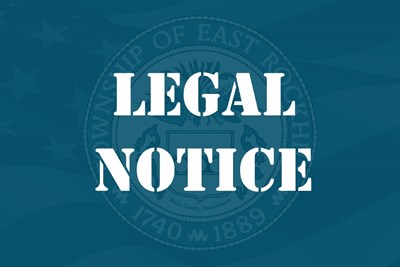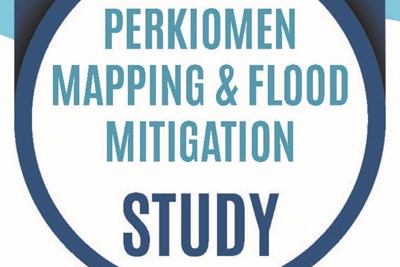
The information in your tax return contains everything that a scam artist needs to steal your identity, file tax returns on your behalf, or even steal your refund. Be vigilant and never provide any sensitive information over the telephone.
There are also many scams associated with filing your taxes. Below are a few tips to help avoid some of the more common tax preparation scams:
- Be realistic. If it sounds too good to be true, it probably is. From companies that promise to file your taxes for free, to sites that claim you don't have to pay tax because it's unconstitutional--keep an eye out for deliberately misleading statements and always look for and read the fine print.
- Be informed. Before you file your taxes, spend a little time at the website for the IRS
- Never respond to unsolicited e-mail offers or requests for information. The IRS does not use e-mail to communicate any personal information, and legitimate tax-preparation companies should not approach you with unsolicited e-mail. These messages are most likely identity-theft phishing scams.
- Choose your tax-preparer or tax preparation software with care. Ask people you trust for recommendations. For more information about e-file partners and tax software, visit the IRS website.
Return Preparer Fraud: Dishonest return preparers can cause many headaches for taxpayers who fall victim to their schemes. Such preparers make their money by skimming a portion of their clients’ refunds and charging inflated fees for return preparation services. They attract new clients by promising large refunds. Some preparers promote filing fraudulent claims for refunds on items such as fuel tax credits to recover taxes paid in prior years. Taxpayers should choose carefully when hiring a tax preparer. As the old saying goes, “If it sounds too good to be true, it probably is.” Remember that no matter who prepares the return, the taxpayer is ultimately responsible for its accuracy.
When it comes to preparing your taxes consumers should avoid unethical tax return preparers, these are known as “ghost” preparers. By law, anyone who is paid to prepare or assist in preparing federal tax returns must have a valid 2020 Preparer Tax Identification Number, or PTIN. Paid preparers must sign the return and include their PTIN. But “ghost” preparers do not sign the return. Instead, they print the return and tell the taxpayer to sign and mail it to the IRS. Or, for e-filed returns, they prepare but refuse to digitally sign it as the paid preparer.
source: Bucks County


